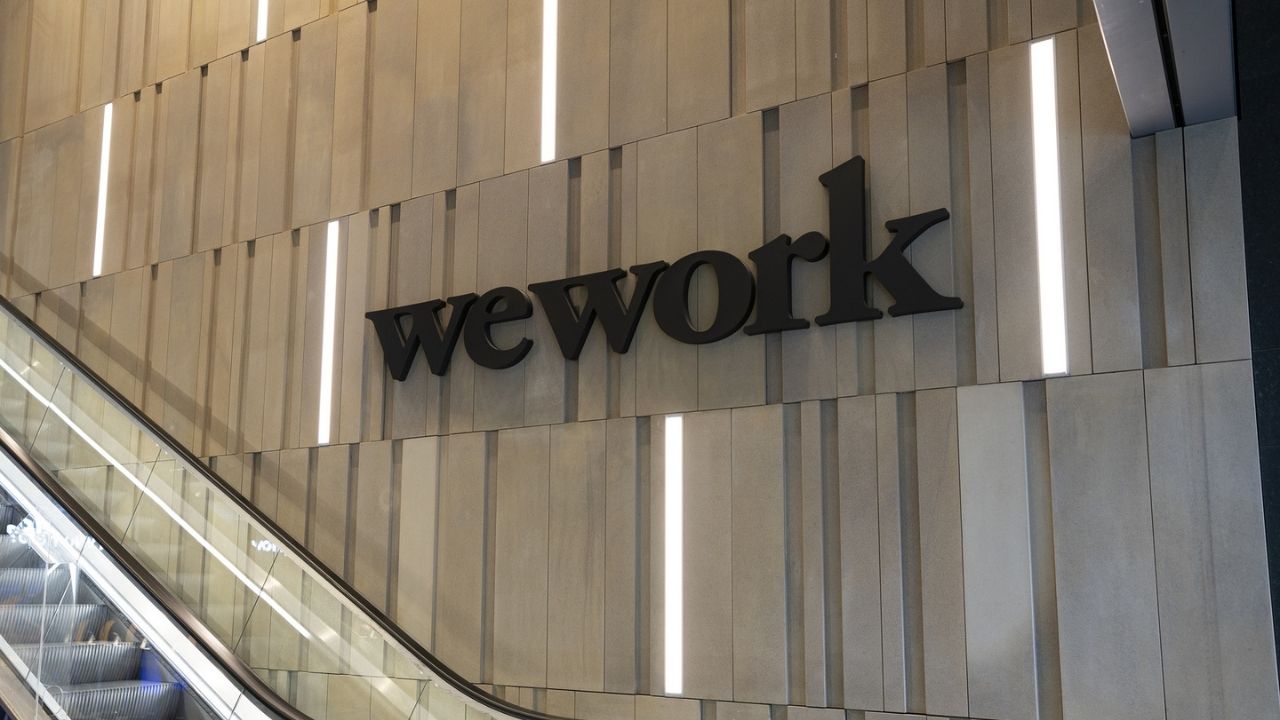- WeWork announced it would need to correct financial statements for three quarters.
- Public shares were incorrectly listed as “permanent equity”.
- Management says there was a “material weakness” that led to the oversight.
After WeWork went public via merging with special purpose acquisition company BowX Acquisition Corp. about one month ago, it appeared that its turbulent story could be over.
However, as WeWork seemed like it could pose as a reliable, trustworthy company, the coworking firm has pulled the rug out from under investors again.
In a regulatory filing with the Securities and Exchange Commission on Wednesday, WeWork announced that it would need to restate financial statements over three quarters after mislabeling a portion of its public shares.
The revelation came after the company reevaluated an accounting classification of Class A common stock that was issued as part of units sold in the IPO by its predecessor BowX prior to the merger.
Through this evaluation and consultation with BowX’s accounting firm, WeWork determined that a portion of its public shares classified as “permanent equity” should have been listed as “temporary equity.”
Now, the company is saying that these financial statements are no longer reliable.
In addition to this glaring oversight, the company’s management stated that there “was a material weakness in internal control over financial reporting relating to the interpretation and accounting.”
Although the “material weakness” mentioned does not carry over to WeWork itself, the company noted that it will be described once the report is corrected.
Since going public, WeWork’s shares have been less-than-impressive, falling 5.2% to $8.46 in after-hours trading.
WeWork has attempted to remedy its brand over the last few years after its tumultuous attempt to go public in 2019 was thwarted due to an egregious CEO, an outlandish $47 million valuation, and a reputation of a toxic culture.
The firm has made efforts to shed this infamous skin by enlisting the help of notable seasoned commercial real estate executives and trimming back on some of its more lavish acquisitions.
However, it appears that WeWork’s cycle of grand promises, receiving money, and failing to meet expectations is deeply ingrained into the company’s DNA.
















